Research: What Do Fishermen Value as a Tourist Experience?
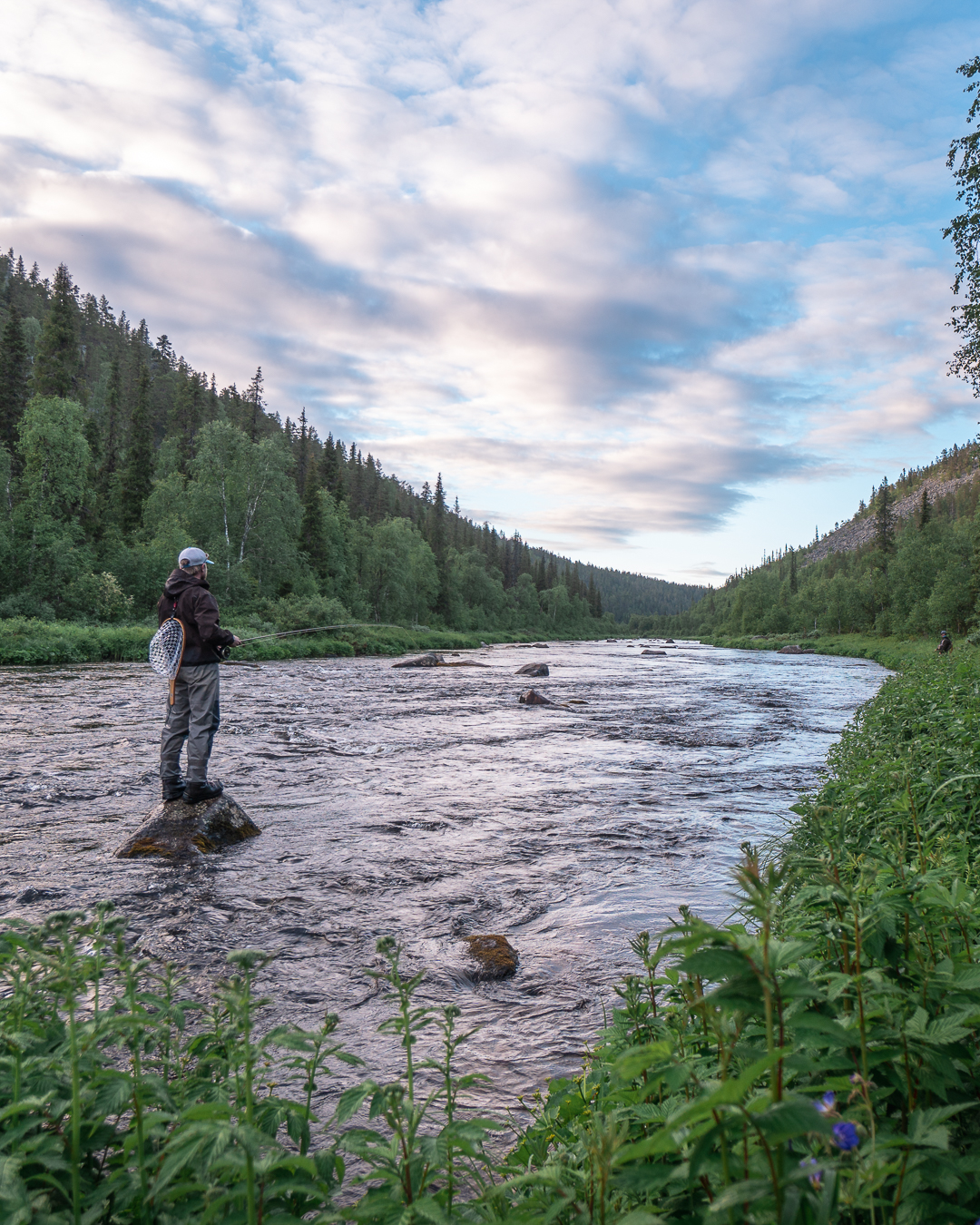

© Anssi Ylipulli / KeloVentures
A new Tourism Marketing and Management research suggests that fishing tourists’ lived experience is always built around the same core elements. The elements in the order of importance are the following: emotional value, social value, and epistemic value. This means that Finnish fishing tourists value such elements as nature, peace-and-silence (i.e. emotional value). Also, sharing the own fishing success, fishing know-how and growing the social esteem (i.e. social value) is important. As well as, new experiences and self-development (i.e. epistemic value).
Based on their seriousness towards fishing tourism, three groups are identified: Hobbyists, Active tourist anglers, and Occasional tourist anglers. Even though the relative importance of value components was the same in every seriousness group, more serious fishermen had higher values.
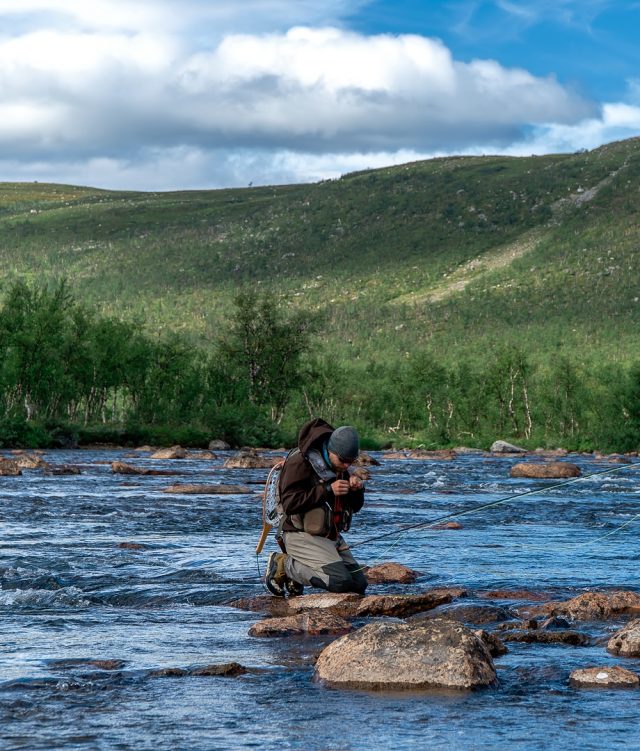
© Anssi Ylipulli / KeloVentures
Practically this means that serious fishermen’s, (i.e. hobbyists) total experience (incl. fishing activity, travelling, accommodation, etc.) is more strongly built around the fishing activity. Thus, they are more likely focusing on self-development, learning of new skills, visiting new fishing spots, and actively sharing this knowledge with like-minded people. Whereas, the fishing activity itself does not seem to have the same meaning for less serious fishermen (i.e. active tourist anglers and occasional tourist anglers).
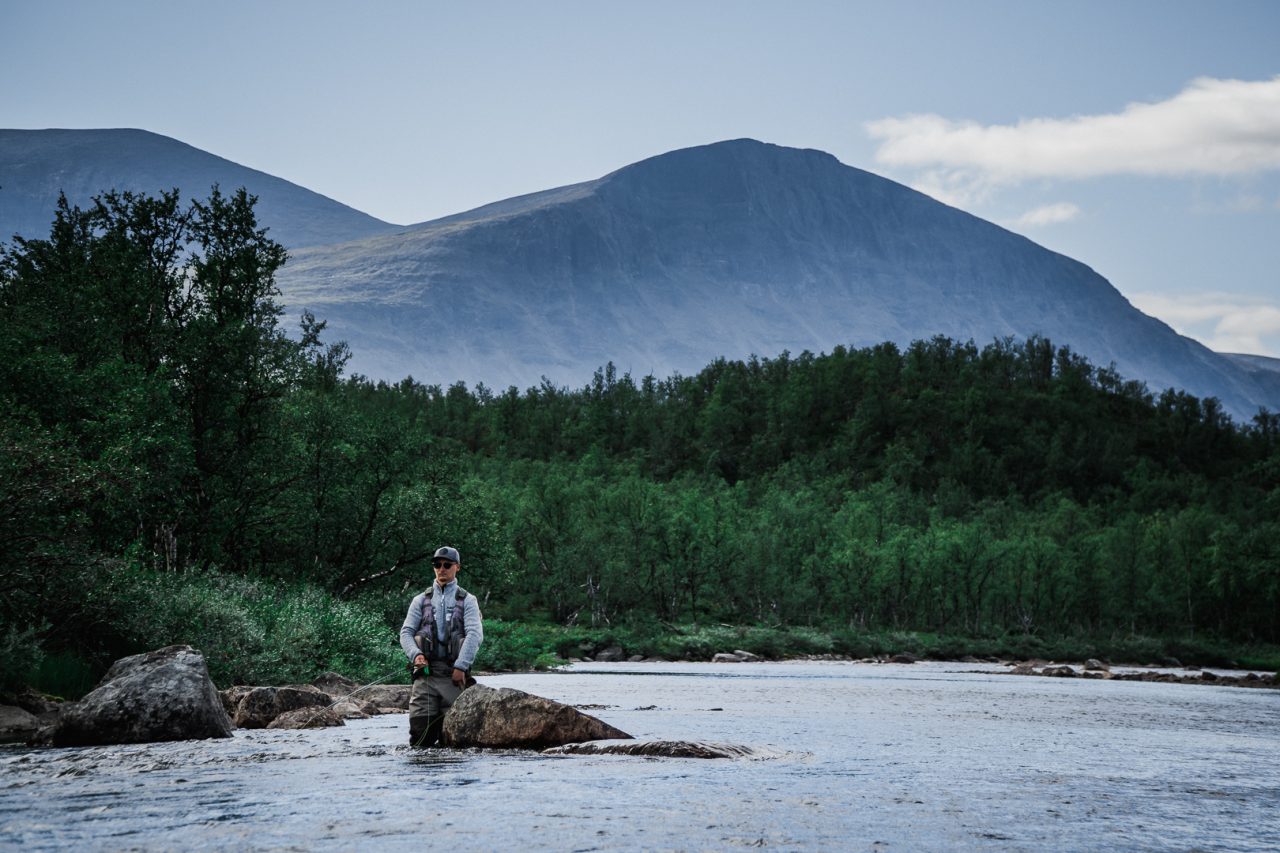
© Anssi Ylipulli / KeloVentures
Six different types of recreational fishermen
The research also identified six different types of recreational fishermen based on the benefits they seek.

Fishing tourists’ profiles
‘Service-oriented novelty seekers’ is the most potential group from the guide services perspective. That’s because their experience is often carried out by using a different kind of guide-services. Segment’s fishing tourist experience is built around networking, novelty, and development.
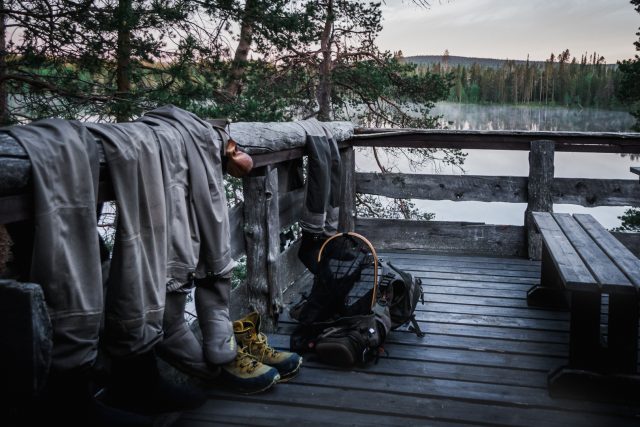
© Anssi Ylipulli / KeloVentures
Practically, their fishing tourist experience is more likely a social event that takes place in a peaceful environment and focuses on networking with like-minded people. These fishing tourists are also willing to try new fishing spots, seek new experiences, and use professional fishing guide’s to develop their own fishing-related skills. Thus, it can be proposed that usage of different services enable them to realize their own dreams which would otherwise be difficult or even impossible to implement.
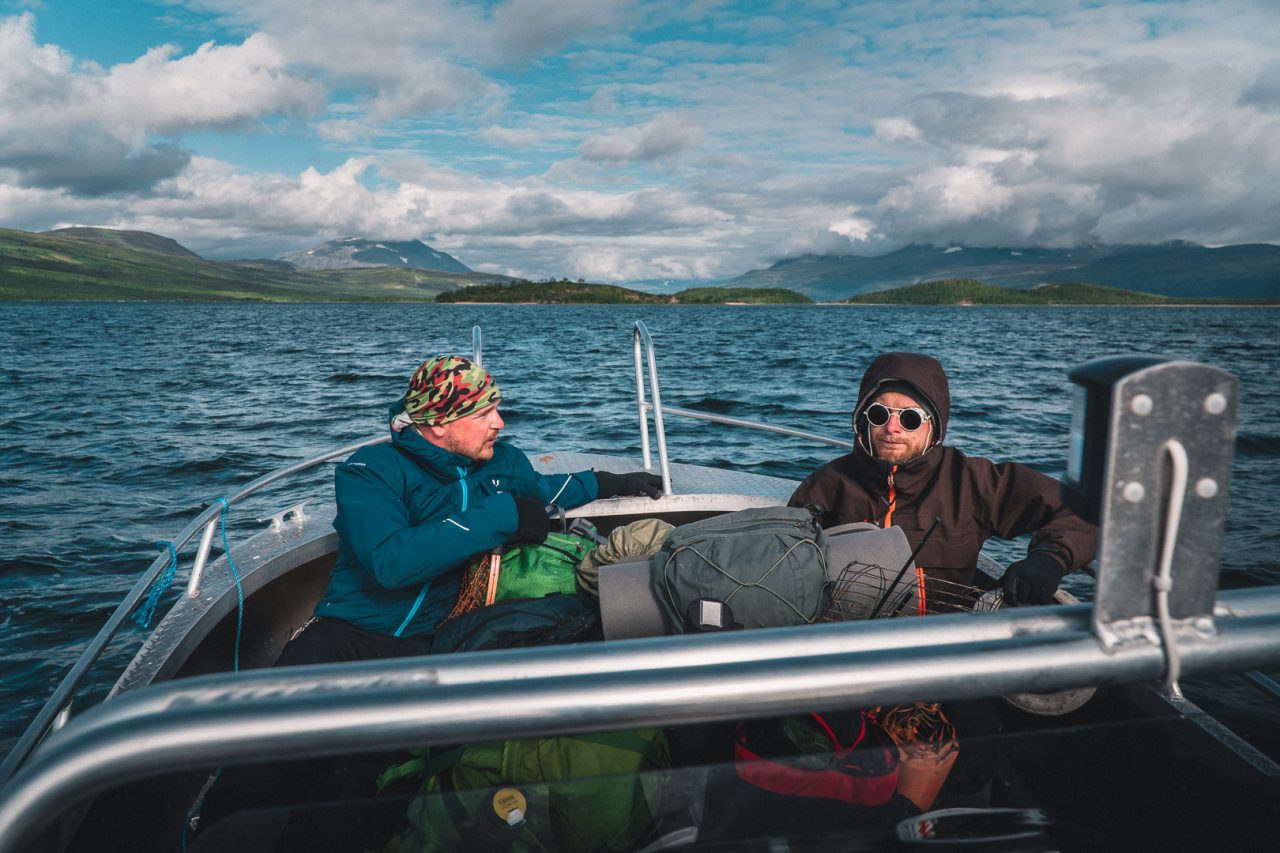
© Anssi Ylipulli / KeloVentures
How to use the results in tourism business development?
Company or organisation may only gain a competitive advantage with benefit segmentation if they understand the preferences of different market segments.

© Anssi Ylipulli / KeloVentures
The segmentation results should be combined with other segmentation variables to generate even more accurate customer profiles. Hence, future development should more likely focus on the main characteristics of seriousness clusters, preferences of individual segments, and combine these together with the company/organization own special characteristics. The idea is that this kind of profile combines the company/organization service offering, main characteristics of different seriousness clusters as well as the preferences of fishing tourist segments. Practically, customer profiles should be something like “Service-minded novelty seeker who likes to fish monster pikes” or “Development-oriented salmon rower” or “Group-focused trout fisherman who focus on an ice fishing”.

© Anssi Ylipulli / KeloVentures
About the research
The research approach was quantitative, and the data was collected from the Finnish recreational fishermen by questionnaire. In total, 1 166 respondents participated in the survey. However, the results only focus on the respondents (937) who had participated in a fishing tourism trip.
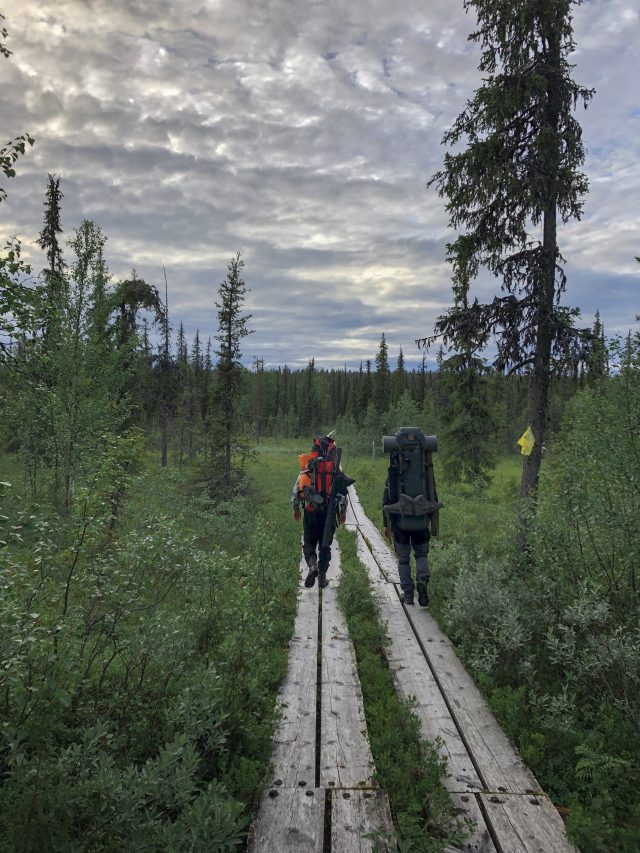
© Anssi Ylipulli / KeloVentures
The empirical study is based on two basic theories, namely serious leisure and consumption value. According to the theory of serious leisure, the fishing tourists have been categorized into three clusters, based on their level of seriousness in fishing. The components of experience value are based on the theory of consumption value, completed with togetherness value which was found in earlier hunting tourism research. In addition, these value dimensions are utilized as criteria for benefit segmentation, when searching for different fishing tourist segments. The data was analysed by using cluster analysis, principal component analysis, and comparative analysis methods.
 More information
More information
- Fishing as a tourist experience (Master’s Thesis)
- Lari Turunen (LinkedIn)
Are you looking for an international tourism-focused master’s degree programme in business? Tourism Marketing and Management programme by University of Eastern Finland provides a unique learning experience for students who have finished their bachelor’s degree and are looking for new skills and knowledge in developing tourism industry in a sustainable way. Read more about the programme at www.uef.fi/tmm.
- Research: What Do Fishermen Value as a Tourist Experience? - June 20, 2019
- The Most Common Problem in Destination Marketing in the World - March 12, 2018